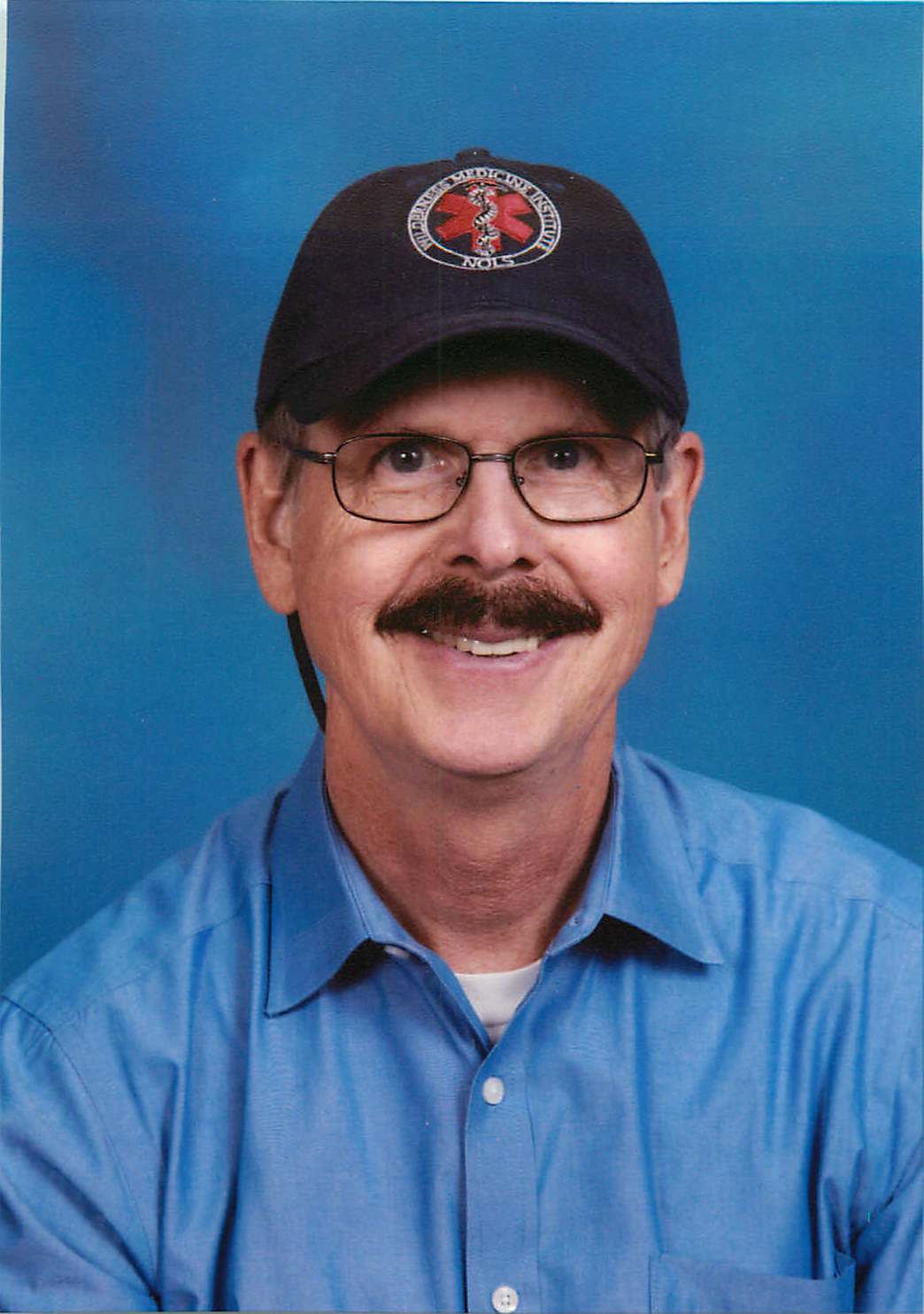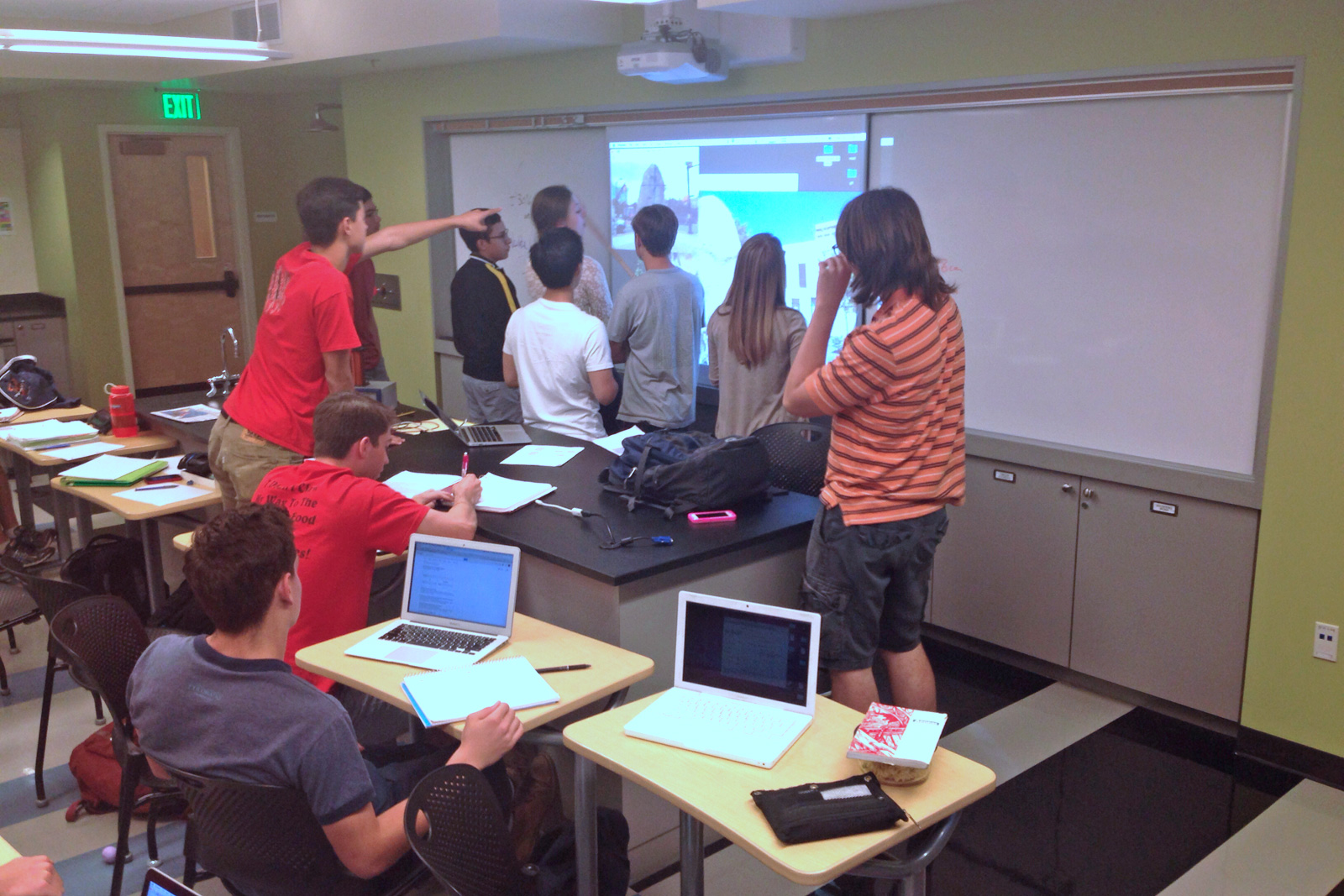Frequently Asked Questions (FAQs)
Instructor Contact Info

Office: Poly Building Suite 203, Room 205
Email: cfletcher@polytechnic.org
Phone (office, voicemail): 626-396-6682
What will we be studying in this class?
From the Course of Study:
Prerequisite: Minimum grade of B+ in Calculus AB AP or A- in Advanced Topics and Introduction to Calculus, and permission of the science department.
The AP Physics course is a calculus-driven, college-level course that covers classical mechanics during the first semester and electricity and magnetism during the second. This is an intensive exploration of the fundamental natural laws that govern the universe, and an ideal course for future science and engineering majors, or anyone who enjoys applications of high-level math. Students who complete this course will be prepared to take the C-level Advanced Placement Exams in Physics. Taking the AP examinations is a requirement of the course.
How hard/fun/challenging is this course? Is it the right course for me?

The Advanced Placement Physics course at the Polytechnic School is a daily, Calculus-based, introductory physics course. It includes a detailed study of classical (Newtonian) mechanics the first semester, and a lengthy exploration of electricity and magnetism the second semester. Topics not covered in this course, unfortunately, are optics, relativity, and quantum mechanics. By the end of the course, students will be well-prepared to take the AP Physics C examinations offered by the College Board in May of each year.
This is a really hard class for most people. It's difficult because the material can get kind of strange, the math can be kind of funky, and we cover material really, really quickly. Lectures in class attempt to cover as much material as possible, but you can expect to spend a lot of time on your own and with friends doing homework, puzzling over sample problems, and being frustrated. It's all part of the fun!
Advantages to taking AP Physics: You'll be preparing yourself for college by challenging yourself with one of the most difficult courses Poly offers, you'll be making your college life a lot easier should you need to take a physic class in college, you'll get to work with other great students (and a great instructor . . . that was Mr. White's addition!), you'll learn what Calculus is actually good for, you'll enhance your transcript and grade point average, ...
Disadvantages to taking AP Physics: You'll have less time to enjoy your senior year; you may find the material confusing and difficult; you may have the thrill of experiencing your first D on a test (though grades are not something you should be worrying about--they will take care of themselves); and you won't cover as much material as is covered in the Honors Physics class. Then, again, you will be learning physics in a setting in which people actually care about you, and although there are no guarantees, it's pretty rare that anyone gets a grade in the class below the B range.
The curriculum for this course is specifically designed to prepare you for taking the AP Physics C tests—two of them, one on Mechanics and one on Electricity & Magnetism—in May. If you are not interested in taking the AP tests, you should take the Honors course.
If you haven't yet taken Calculus BC, you should be concurrently enrolled in Poly's Calculus BC course.
Who is the instructor for this course?
Some say I was born before flush toilets, though given the fact that the first of those oh so delightful devices was installed at the palace at Knossos on Crete around 1500 BC, I take that as a vicious lie. We certainly had an outhouse with a flush toilet back on the farm . . . .
I grew up in San Marino, went to San Marino High and played wide receiver on a football team that won CIF when I was a junior. This all happened in the 1960's, so I was in the right era to become a hippee. That didn't exactly happen, though, as I instead went to college at Arizona State University. With the exception of that short stint, I've lived within a few miles of my childhood home my whole life.
I earned a Bachelor's degree in Electrical Engineering from Arizona State University, which was, for the record, a seriously fun place to go to school. I earned a Masters Degree in Physics from Cal State Northridge, which was also fun but in a different way (it was educational). I also managed to earn a California State Teaching Credential from Mt. St. Mary's College. I've taught at Poly for 40-plus years now (hugely fun), and spent five years before that teaching as a long-term substitute and home teacher in L.A. Unified School District (not so fun).
Echoing Mr. White, I love this job. Poly, for me, is teacher heaven because it houses students that are not only motivated, they are friendly, funny, easy to get along with and just plain pleasant to be around.
I've spent time in India, Egypt, Greece, Europe and a fair number of the national parks in the U.S. I like to build things with wood, and my home houses upwards of four thousand books. I enjoy writing and have written, along with physics texts, a book on Eastern philosophy. I've additionally enjoyed skiing, surfing, a tiny bit of rock climbing (courtesy of Mr White, who is the real wizard on rock faces), scuba diving, the obligatory backpacking, and white water kayaking (ah, the senior trip), though I've beaten my poor old body up considerably over time and it's beginning to talk to me in unflattering terms. That aside, I have, on the whole, lived a blessed life, and for that I am grateful.